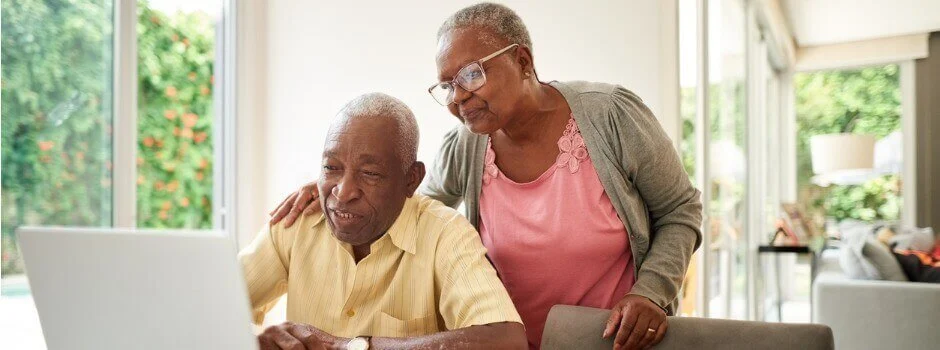It’s hard to measure loneliness and social isolation, but
research shows it can contribute to a wide range of health conditions including
dementia, heart disease, stroke, and depression, and lead to more hospitalizations and emergency room visits.
“Immigrant and LGBTQ+ populations are often the highest at-risk groups due to fewer social ties, language barriers, discrimination, and other barriers to care,” says
Dr. Seema Siraj, medical director at InnovAge's
Inland Empire PACE center in San Bernardino, California. “But all older adults need to be proactive about finding ways to stay connected – whether it’s by changing their environment, connecting with friends and family, or taking better care of their health and well-being.”
Siraj offers the following tips to help stay connected:
- Schedule a time each day to call a friend or visit someone
- Join an online group to play online activities together, including mind and memory games
- Get regular vision and hearing check-ups
- Stay physically active – join a walking group, Zumba, Tai Chi, or yoga class
- Get enough sleep to feel generally well-rested throughout the day
- Eat good, healthy meals
Social engagement is an important part of the
Program of All-inclusive Care for the Elderly (PACE). “Older adults who are socially connected tend to have a stronger sense of belonging. That, in turn, helps seniors better maintain their physical, mental, and emotional health,” says Siraj.
Is PACE Right For Me?
InnovAge’s
Program of All-inclusive Care for the Elderly (PACE) offers
coordinated healthcare that includes
in-home care, transportation, therapy, specialty care coordination, dental and vision, medication management, nutrition, and more. We have a team of experts to help seniors and their family caregivers decide if PACE may be right for you. Call us toll-free at
844-704-9613 TTY: 711 or
answer a few short questions online and we'll contact you directly.
